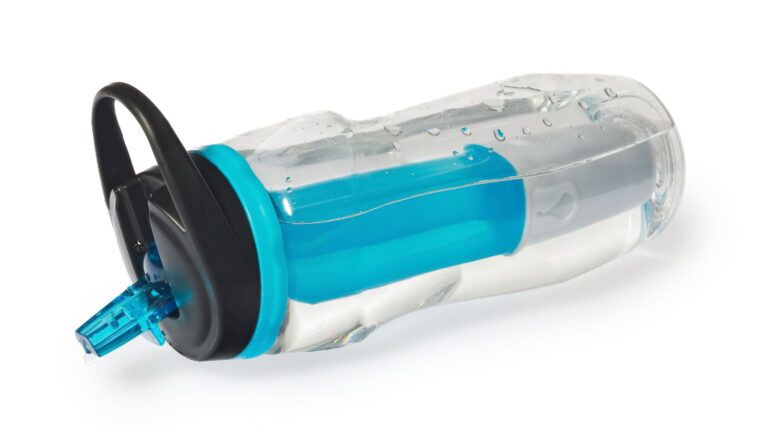
[ad_1]
When it comes to emergency preparedness, having access to clean water is a top priority. In situations where your regular water supply is unavailable or contaminated, an emergency water filter can be a lifesaver. But with so many options on the market, it can be overwhelming to choose the best one to fit your needs.
Types of Emergency Water Filters
There are various types of emergency water filters available, each with its own set of benefits and limitations. Understanding the differences between them can help you make an informed decision.
Straw Filters
Straw filters are a popular choice for hikers and campers due to their portability and ease of use. They work by filtering water as it’s drawn through a straw-like device. While they’re great for personal use, they may not be practical for larger groups.
Pump Filters
Pump filters use a mechanical hand pump to force water through a filter. They’re more versatile than straw filters, and some models can even filter out viruses. However, they can be bulky and require some effort to use.
Squeeze Filters
Squeeze filters use a collapsible water pouch to squeeze water through a filter. They’re lightweight and compact, making them a great option for backpackers. However, they may not be as effective at removing bacteria and viruses as pump filters.
Bottle Filters
Bottle filters are similar to straw filters but are built into a water bottle. They’re a convenient option for on-the-go use but may not be as effective as other types of filters.
Filter Capacity
The filter capacity refers to the amount of water a filter can treat before it needs to be replaced. It’s essential to consider how much water you’ll need to filter and choose a filter with an appropriate capacity.
Personal Use Filters
For personal use, a filter with a capacity of at least 20 gallons should be sufficient. This type of filter is ideal for camping trips, hiking, or emergency situations where you only need to filter water for one or two people.
Group Use Filters
For larger groups, consider a filter with a capacity of 100 gallons or more. These filters are typically more substantial and require more effort to operate but can provide clean water for a group of people.
Filter Size and Weight
When choosing an emergency water filter, it’s essential to consider its size and weight. If you’ll be carrying the filter in a backpack, you’ll want to choose a lightweight and compact option.
Ultra-Light Filters
Ultra-light filters weigh as little as 2 ounces and are ideal for backpacking and hiking trips. They’re compact and can easily fit in a backpack or even a pocket.
Standard Size Filters
Standard size filters are bulkier and heavier, but they typically have a higher capacity. These filters are a great option for emergency preparedness or camping trips where weight isn’t as much of a concern.
Filter Lifespan
The lifespan of a filter refers to how long it can be used before needing to be replaced. It’s important to consider the filter’s lifespan, as it can impact the long-term cost of using the filter.
Disposable Filters
Disposable filters are typically less expensive but have a shorter lifespan. They’ll need to be replaced more frequently, which can add up in cost over time.
Reusable Filters
Reusable filters are more expensive upfront but can last for years if properly maintained. They’re a great long-term investment and may be a better option if you plan on using the filter frequently.
Filter Effectiveness
The effectiveness of a filter is crucial to its performance in an emergency situation. It’s essential to choose a filter that can remove a wide range of contaminants, including bacteria, viruses, and chemicals.
Bacteria and Viruses
Most emergency water filters are designed to filter out bacteria and viruses. Look for filters that have been tested and certified to remove bacteria like salmonella and E. Coli, as well as viruses like hepatitis A and Norovirus.
Chemicals
In addition to bacteria and viruses, filters can also remove chemicals like chlorine and lead. If you’re concerned about chemical contaminants in your water, consider choosing a filter with activated carbon or other chemical-specific filtration media.
Conclusion
Choosing the right emergency water filter can make all the difference in a survival situation. Consider the type of filter, capacity, size and weight, lifespan, and effectiveness when making your decision. With the right filter, you can have peace of mind knowing you’ll have access to clean water when you need it most.
[ad_2]